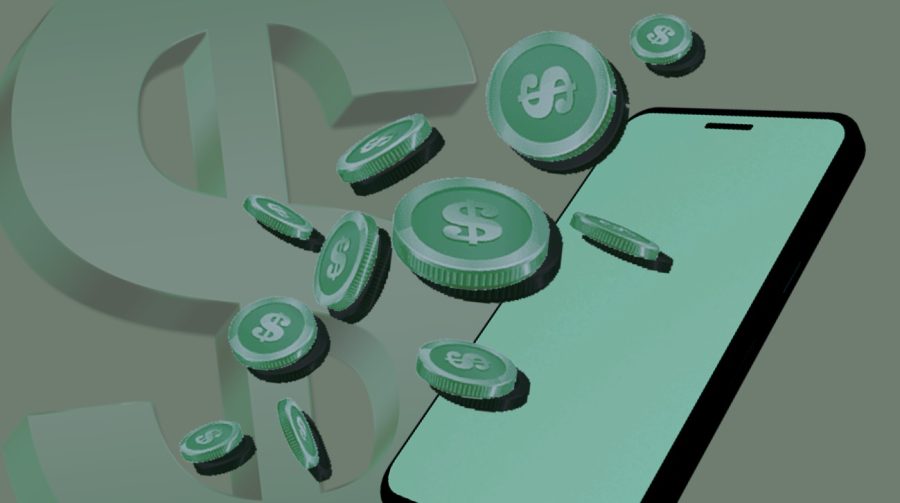US banks reportedly collaborate on digital wallet service
February 6, 2023
Seven of the United States’ biggest banks are reportedly collaborating to launch their own products in the digital wallet market.
The Wall Street Journal reported that Wells Fargo & Co., Bank of America Corp., JPMorgan Chase & Co., Capital One Financial Corp., PNC Financial Services Group Inc., U.S. Bancorp and Truist Financial Corp. are working with Early Warning Systems on this project to expand its banking services.
The financial technology company operates Zelle, an electronic payment service. Zelle primarily transfers funds between people who know each other.
The unnamed wallet will operate differently and separately from Zelle. The product would allow clients to make purchases online from unlimited retail sources. Visa Inc. and Mastercard Inc. will launch the digital wallet.
This project is set to launch this year, as an attempt to regain the banks’ control of purchases from clients using digital payment services from Apple Inc. and PayPal Holdings Inc.
Banks are concerned about Apple’s increasing influence in consumer banking.
In particular, the technology company partnered with Goldman Sachs Group Inc. to create a high-yielding savings account on Apple Pay. This would allow customers to apply a “buy now, pay later” feature onto their Apple credit card, which came out in 2019. It is expected to be available later this year.
EWS reported that customers sent $490 billion in payments via Zelle in 2021, a 59% increase from the previous year. In comparison, that is more than twice the $230 billion in transactions handled by Venmo the same year.
Customers are concerned that digital payment platforms like PayPal are following the new business transaction regulations that issue a 1099-K to clients. This regulation reports an issue to the Internal Revenue Service once every $600 is processed under a business transaction.
This is a reduction from the standard $20,000 regulation. People worry they will be taxed for personal transactions they made by mistake, thus pushing them to a 1099-K threshold.
Tax controversy attorney Adam Brewer told Fox Business how Zelle has a loophole for the new IRS regulation on third-party payment processors.
Brewer said that Zelle’s platform will not issue 1099-Ks for its services because transactions are more like “a check payment, because it’s from bank to bank, and check payments have never been reported.”
Zelle is a preferred digital exchange platform among clients due to low fraud concerns and incorrect payments. Thus, the company poses a threat to competing banks who work with EWS.
Congressional criticism led Sen. Elizabeth Warren to conclude an investigation in October 2022, which found that fraud claims were on track to $225 million last year, more than double the amount from 2020.
However, EWS said that fraudulent transactions fell and that more than 99.9% of its transactions run with no problems.
Liability and refund policies changed as a result of Warren’s comments, but she remains skeptical as half of the unauthorized transactions classified as fraud were returned to clients only in the first half of 2022 and end of 2021.
This would affect cardholders because Warren said that EWS’s policy changes were long overdue and consumers deserve better than their current approach.
The COVID-19 pandemic accelerated digital payment usage throughout the United States. Currently, 101 million consumers use contactless payment platforms for basic necessities like groceries, transferring money and online shopping.Market research company eMarketer expects 125 million American consumers will rely on mobile payment platforms as it becomes embedded as a default payment method by 2025.






